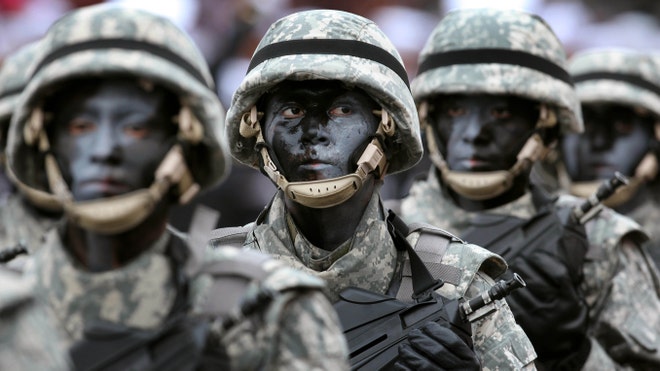By Justin Dorman
Impunity Watch Reporter, Middle East
TEHRAN, Iran – It is not easy to be an Ahwazi Arab in Iran. Negative treatment in the arenas of education, employment, and culture have led many angered Ahwazis to demonstrate and some to call for separation. Iranian authorities have not appreciated such protests and have sentenced to death and killed a handful like Abd al-Rahman Heidarian, Taha Heidarian, and Jamshid Heidarian after an allegedly unfair trial. Five more men, Mohammad Ali Amouri, Hashem Sha’bani Amouri, Hadi Rashidi, Sayed Jaber Alboshoka, and Sayed Mokhtar Alboshoka have recently been sentenced to death after another highly questionable trial.

The Amouris, Alboshokas, and Rashidi, a few of which are teachers, all co-founded the cultural institute known as Al-Hiwar. The group organized conferences, poetry recitals, and arts and education classes before being banned in 2005. Since its ban, many former Al-Hiwar members have been arrested.
The five men have been charged under the vague claims of “enmity against God and corruption on Earth”, “gathering and colluding against state security”, and “spreading propaganda against the system.” These charges arise as of an alleged linkage between the men and a terrorist group who was involved in a shooting around Ramshir. Currently, no evidence was ever made public which showed any support of the allegations these five men faced. Additionally, their trials were held completely behind closed doors.
In an effort to protest their hunger strike and previous mistreatment while being detained in Karoun prison, the five men began a hunger strike. While being held, despite their requests, the men were denied medical examination and treatment. The need for treatment is believed to be as a means to treat injuries resulting from torture.
The torture was believed to be used to coerce confessions, false or true, out of the detained. These confessions are also often broadcast on television before a trial even begins. Such actions violate Article 38 of the Iranian Constitution and Article 9 of the Law on Respect for Legitimate Freedoms and Safeguarding Citizen’s Rights. The broadcasts violate trial obligations under Article 14 of the International Covenant on Civil and Political Rights, to which Iran is a party.
Hunger strikes often lead to negative publicity for the authoritarian regime which often has its hand forced to undo its previous action. To prevent that from happening, prison authorities banned the hunger striking Ahwazis from making or receiving phone calls. Eventually, families of the strikers were allowed to visit and were able to convince the detained men to begin drinking water again. Currently, they are still refusing to eat solid food.
For further information, please see:
Ahwaz News Agency – Profile of a Hero: Mohammad Ali Amouri – 28 March 2013
Guardian – Iranian Ahwazi Arabs on Hunger Strike Over Death Sentences -27 March 2013
Amnesty International – Urgent Action Dead row Ahwazi Arab men on Hunger Strike – 26 March 2013
Payvand Iran News – Iran: Death row Prisoners in Ahwaz Begin Hunger Strike – 9 March 2013



